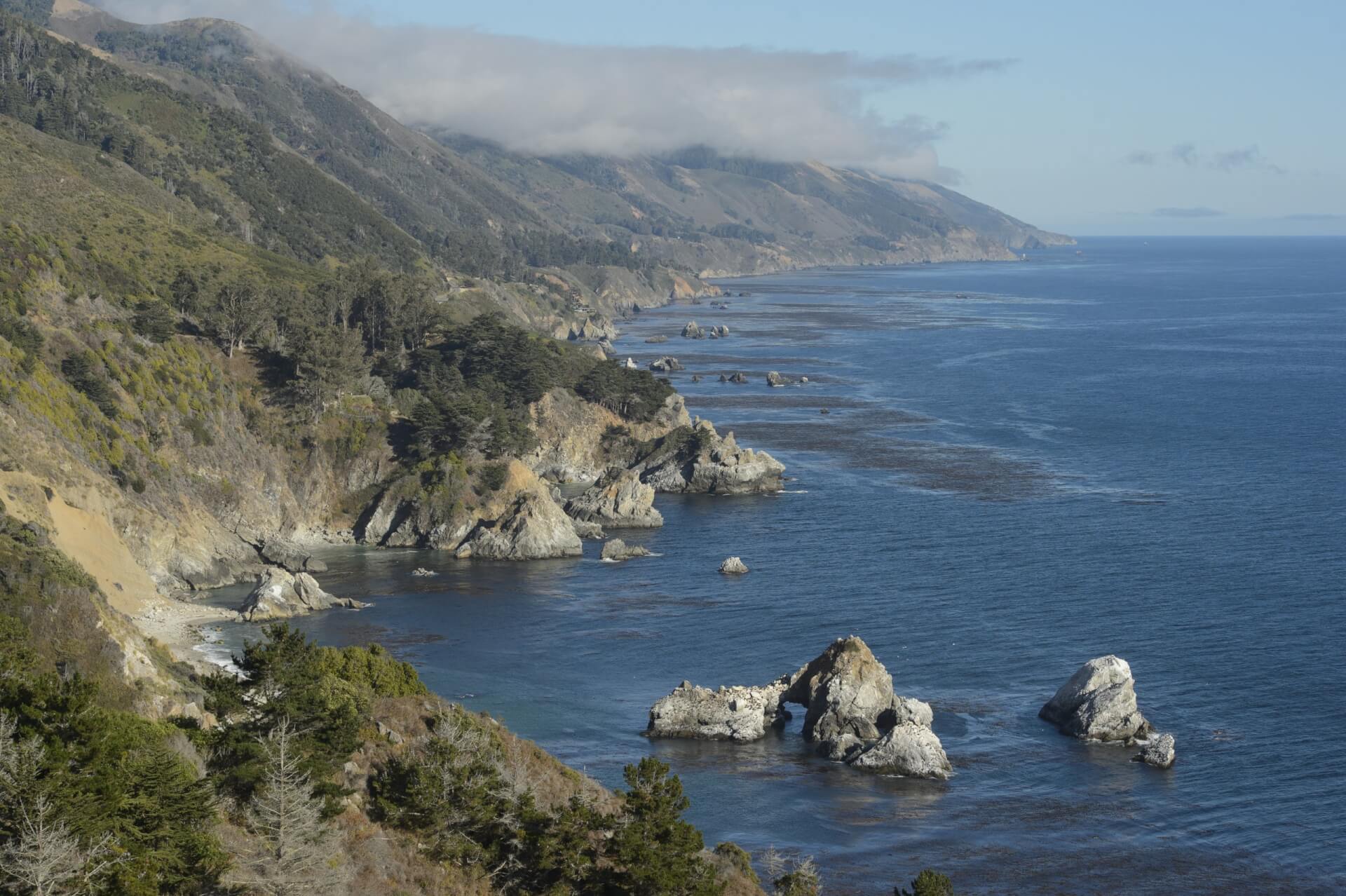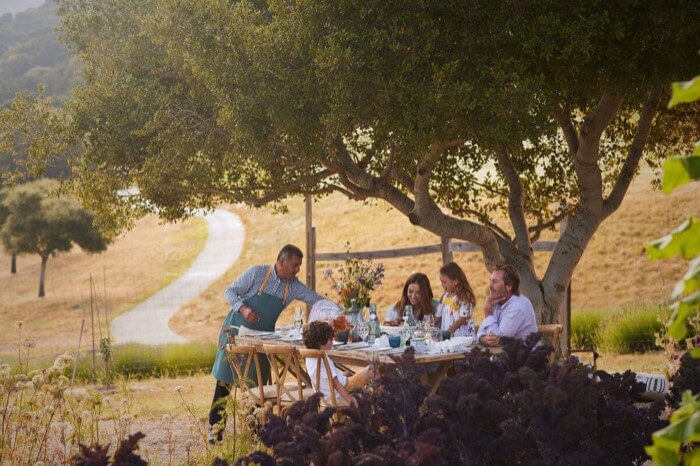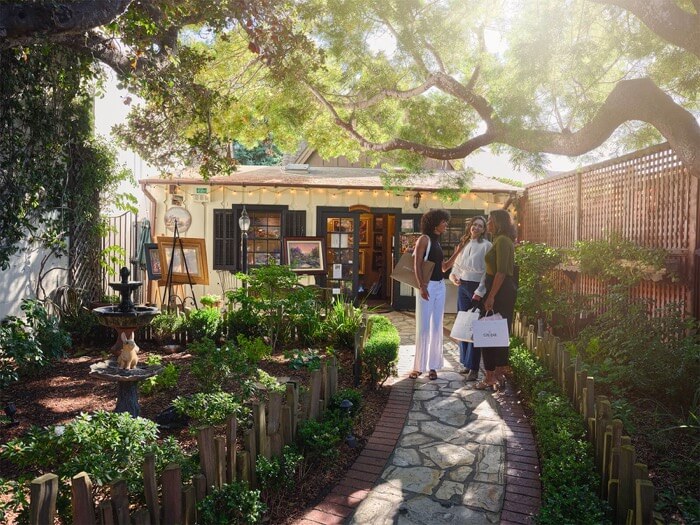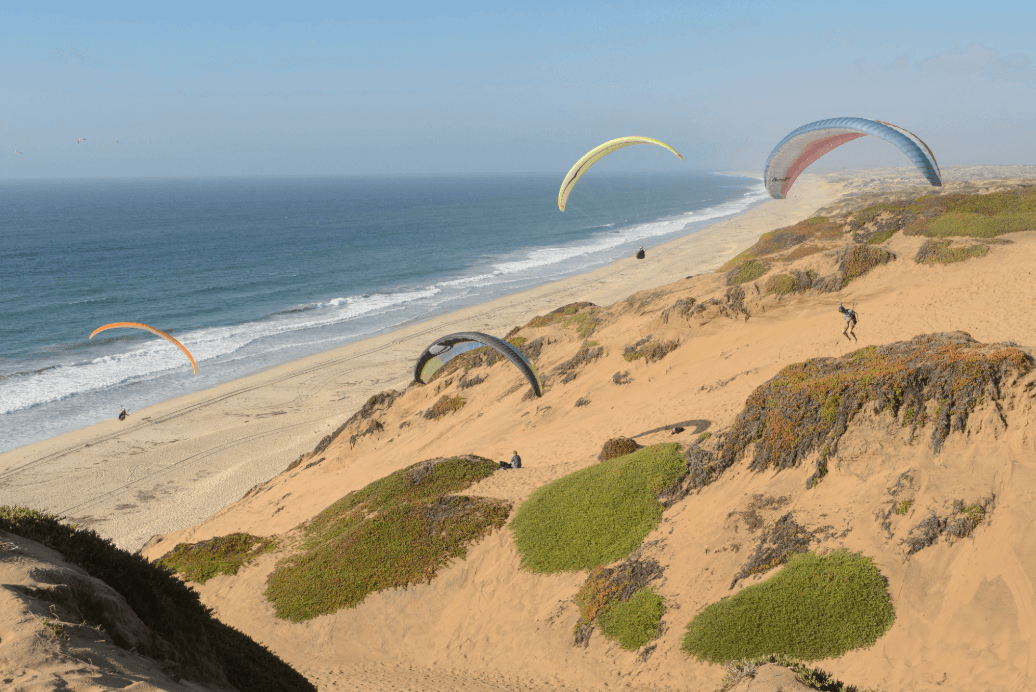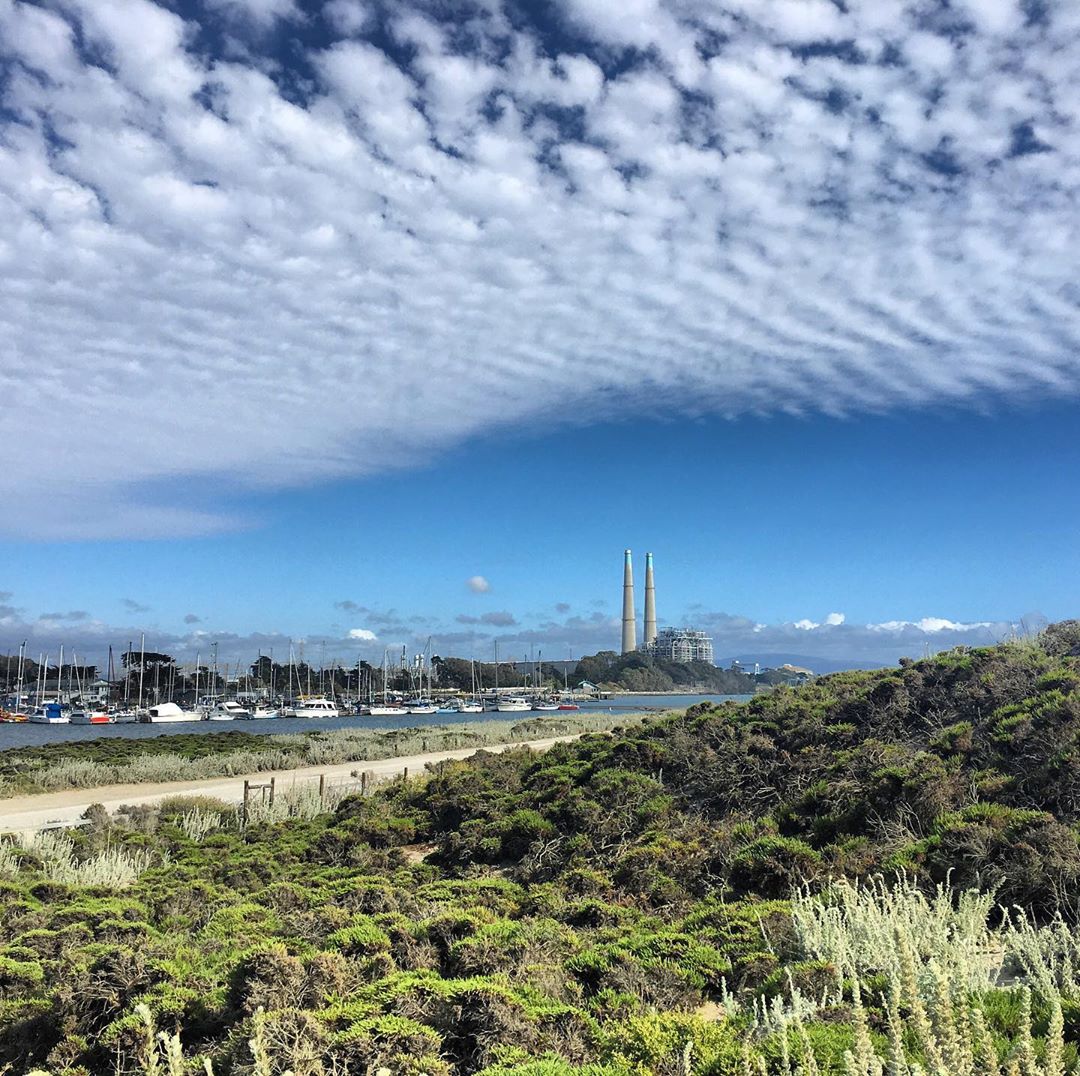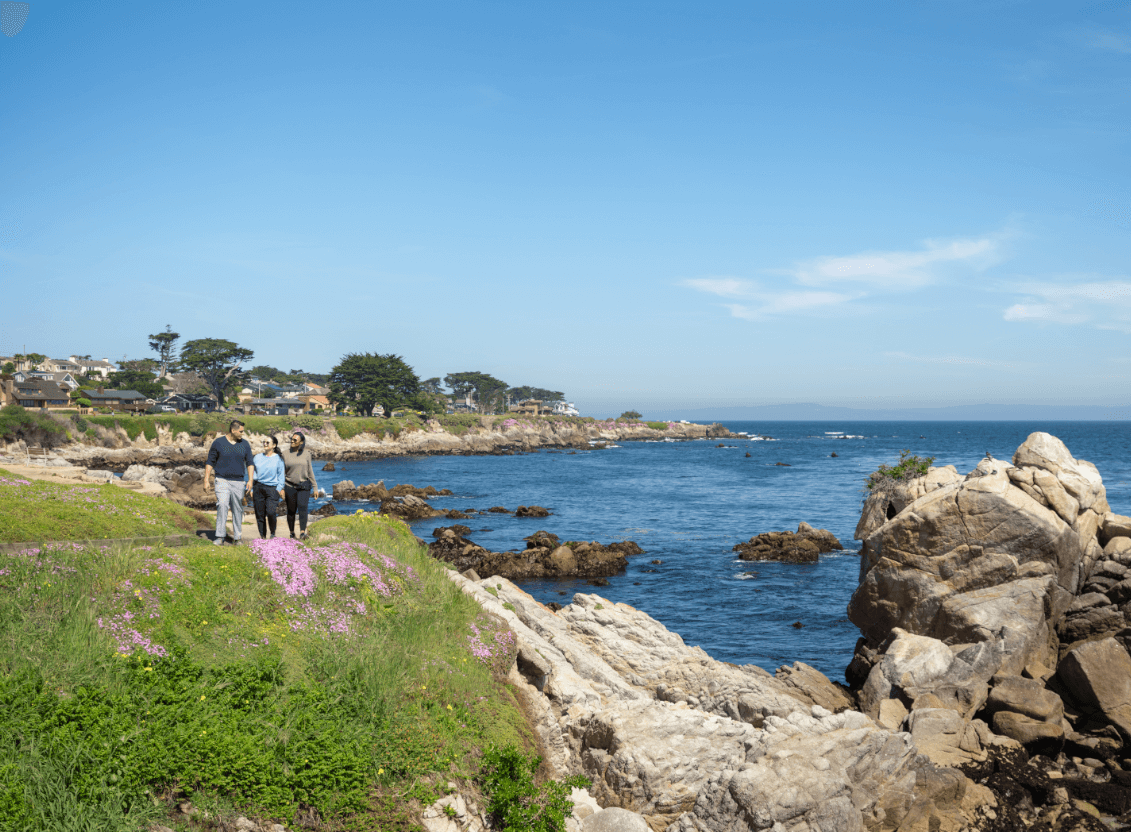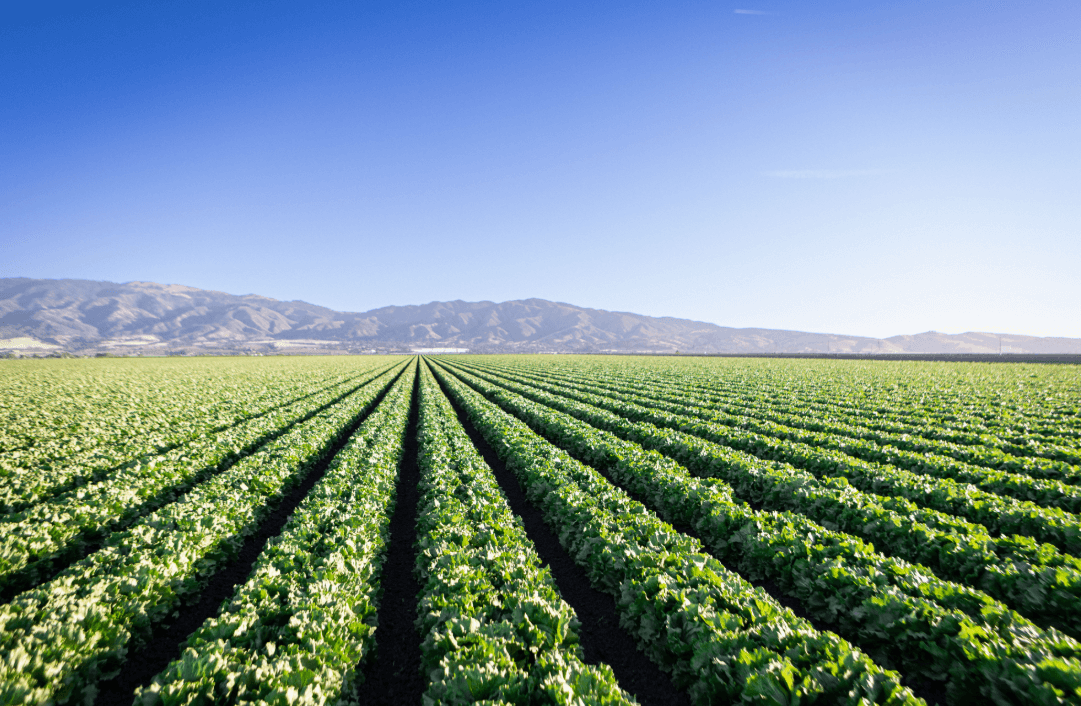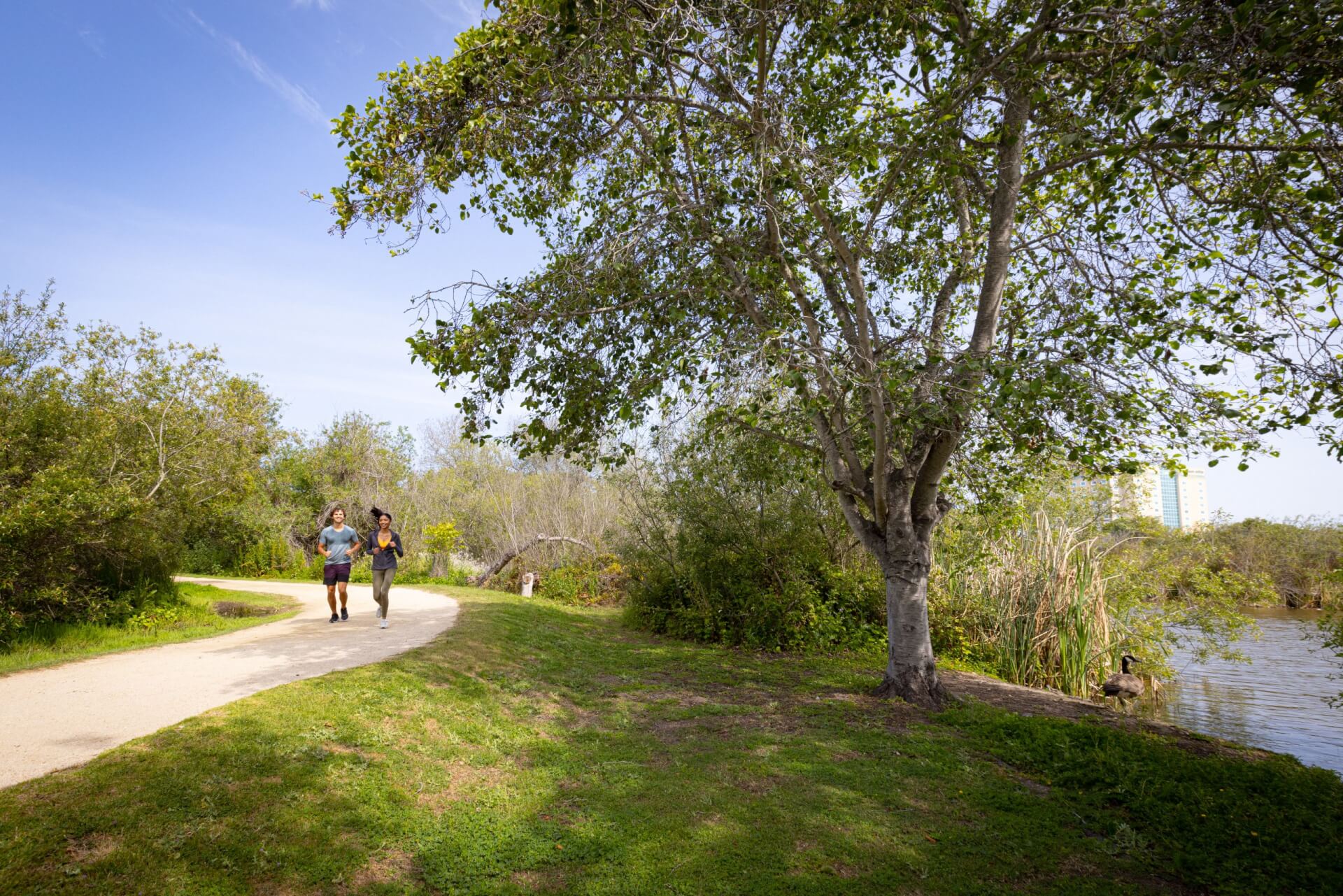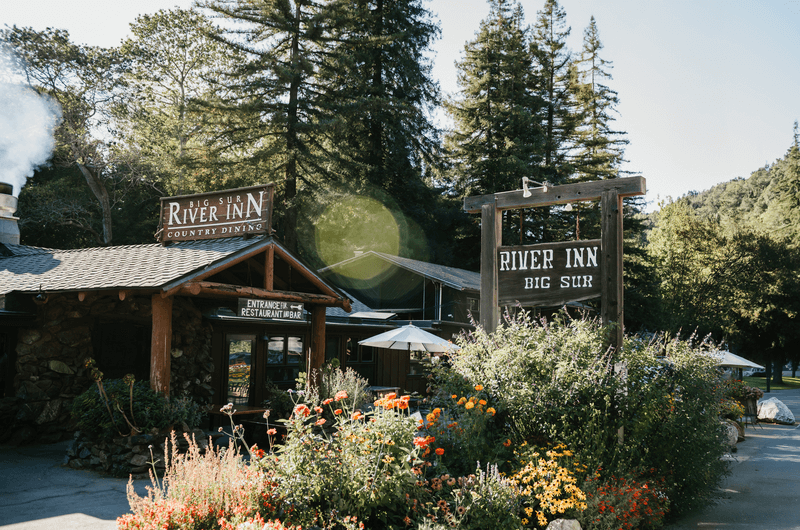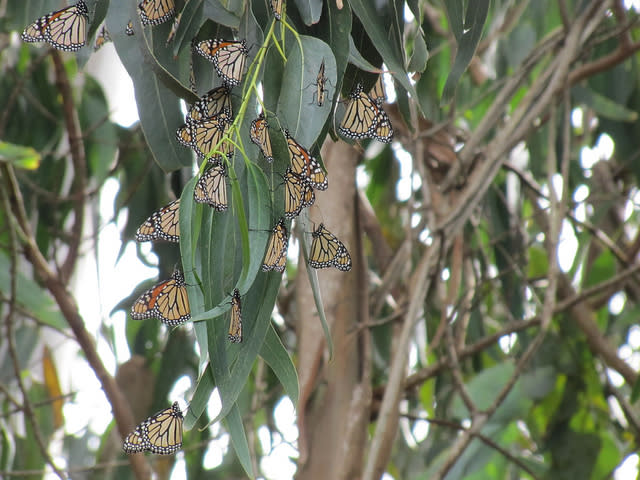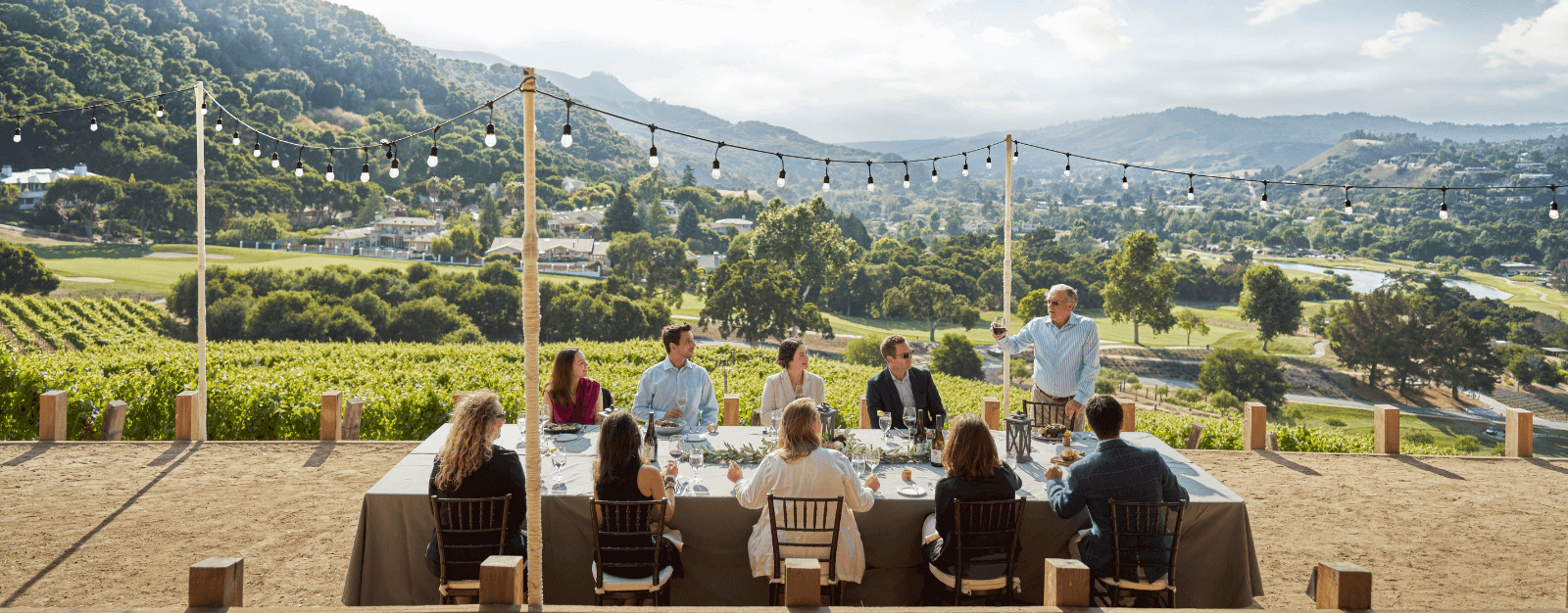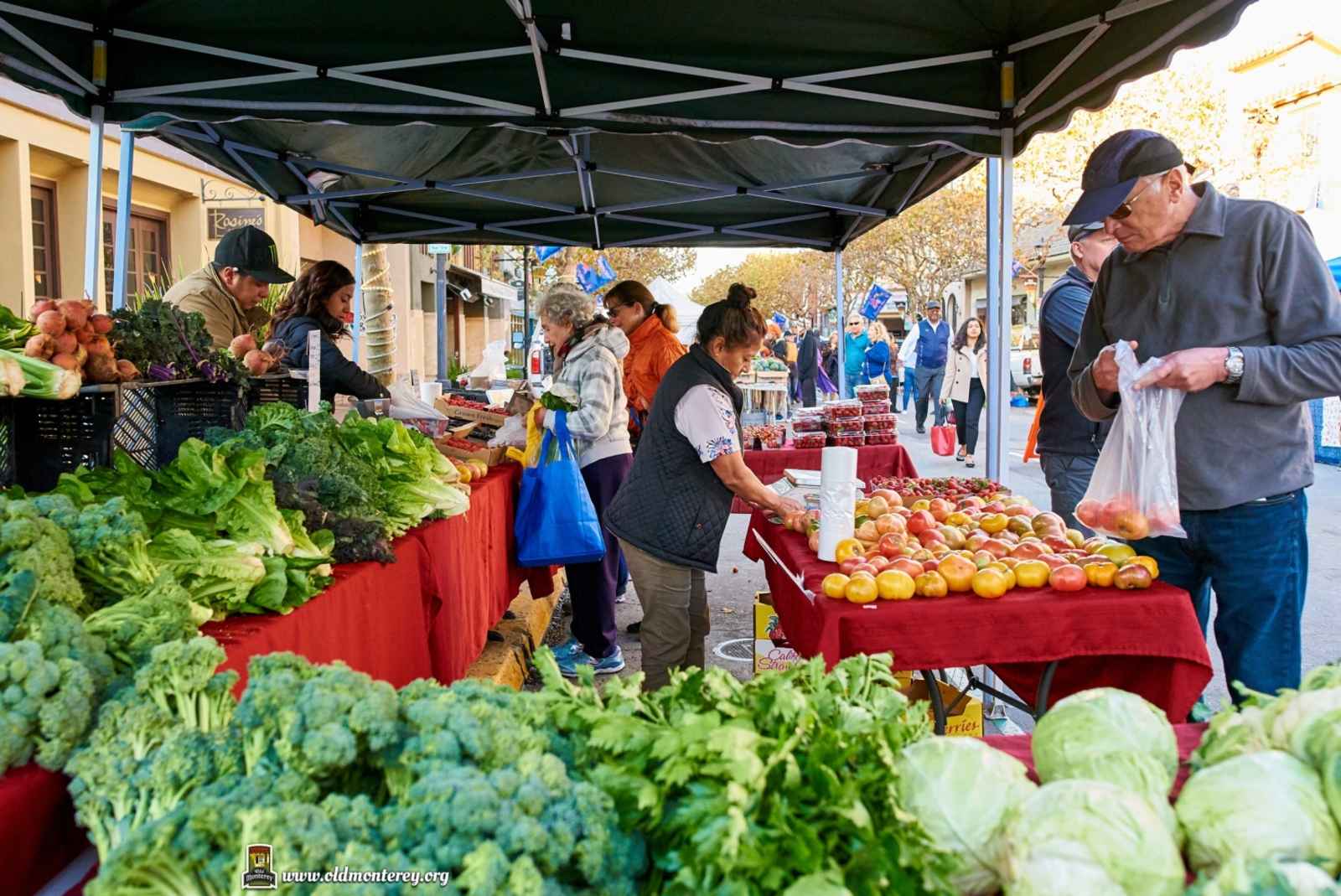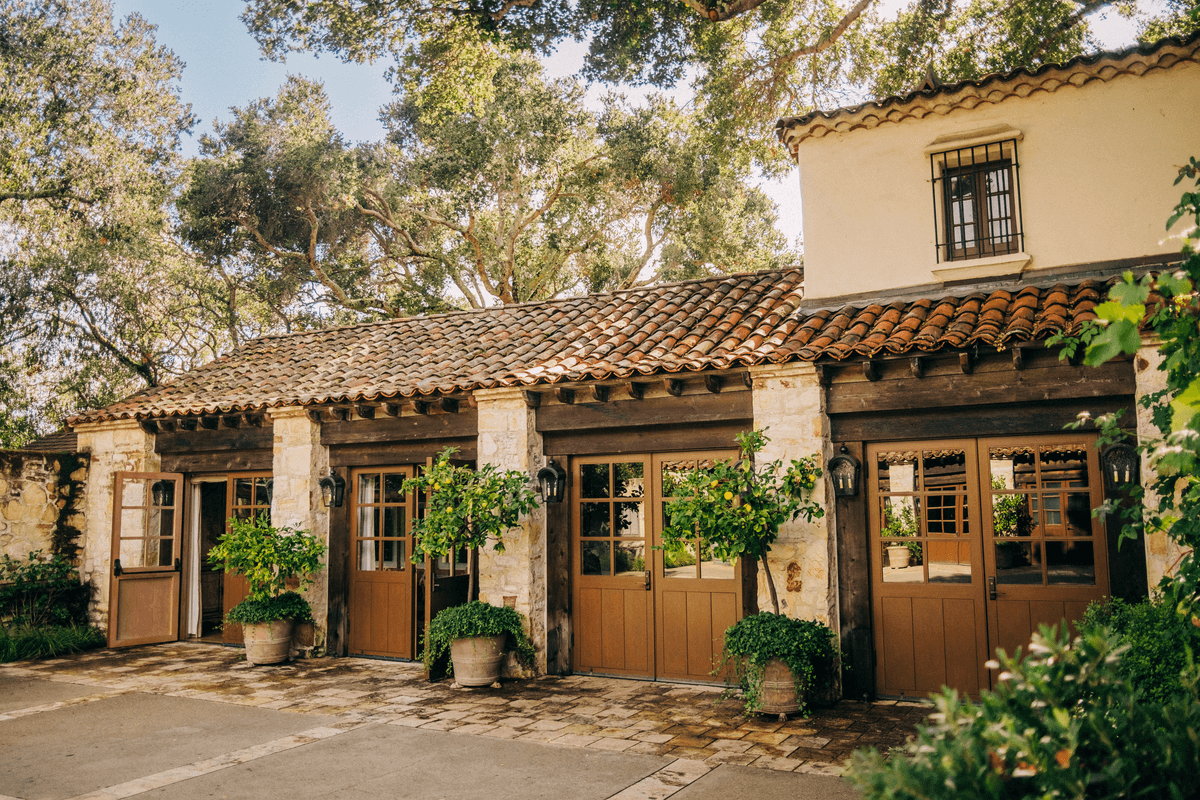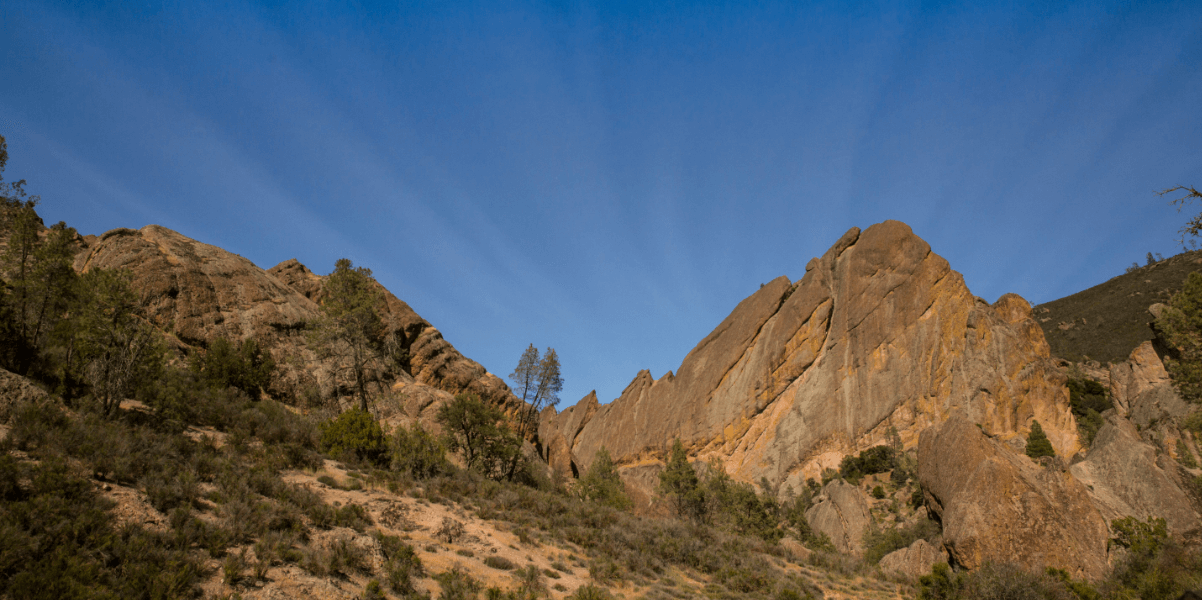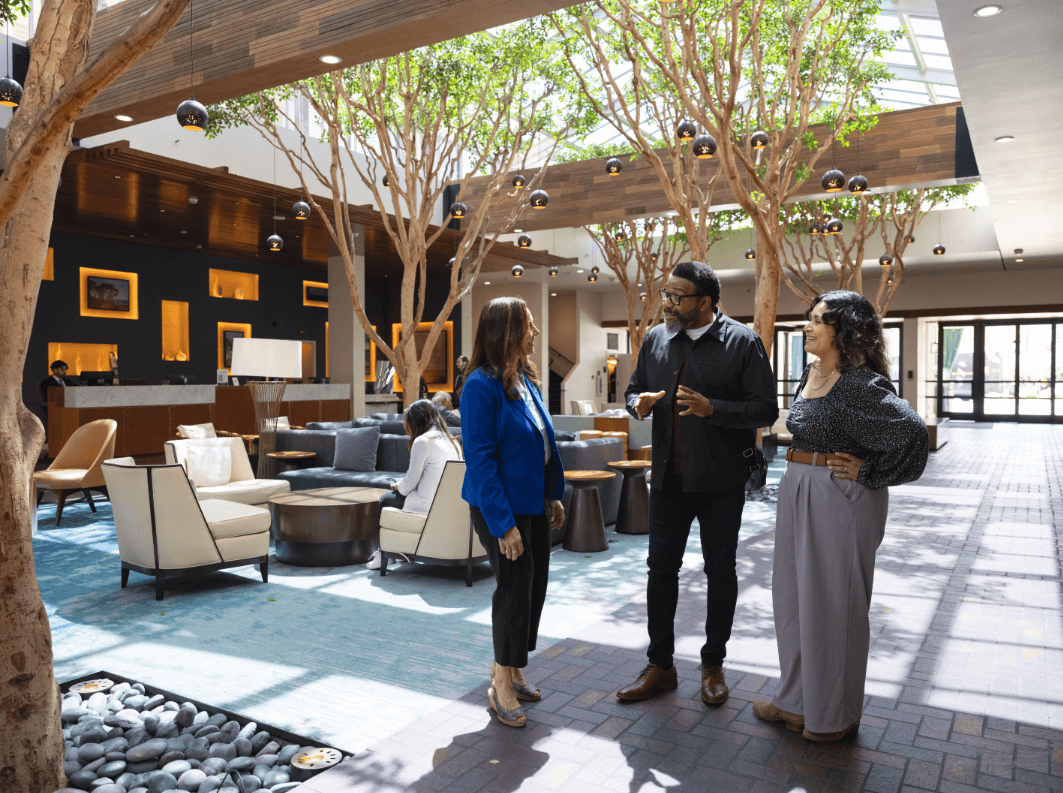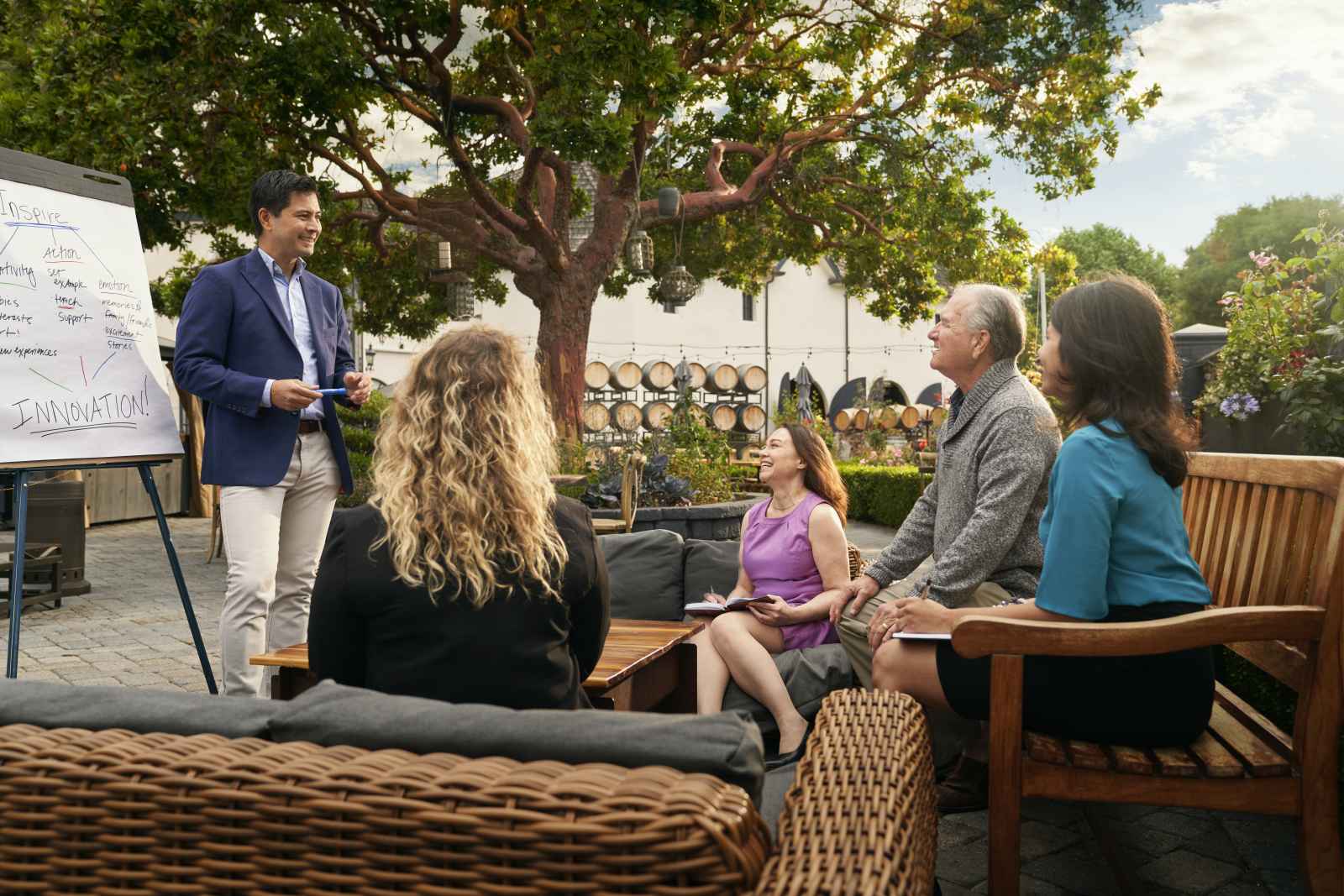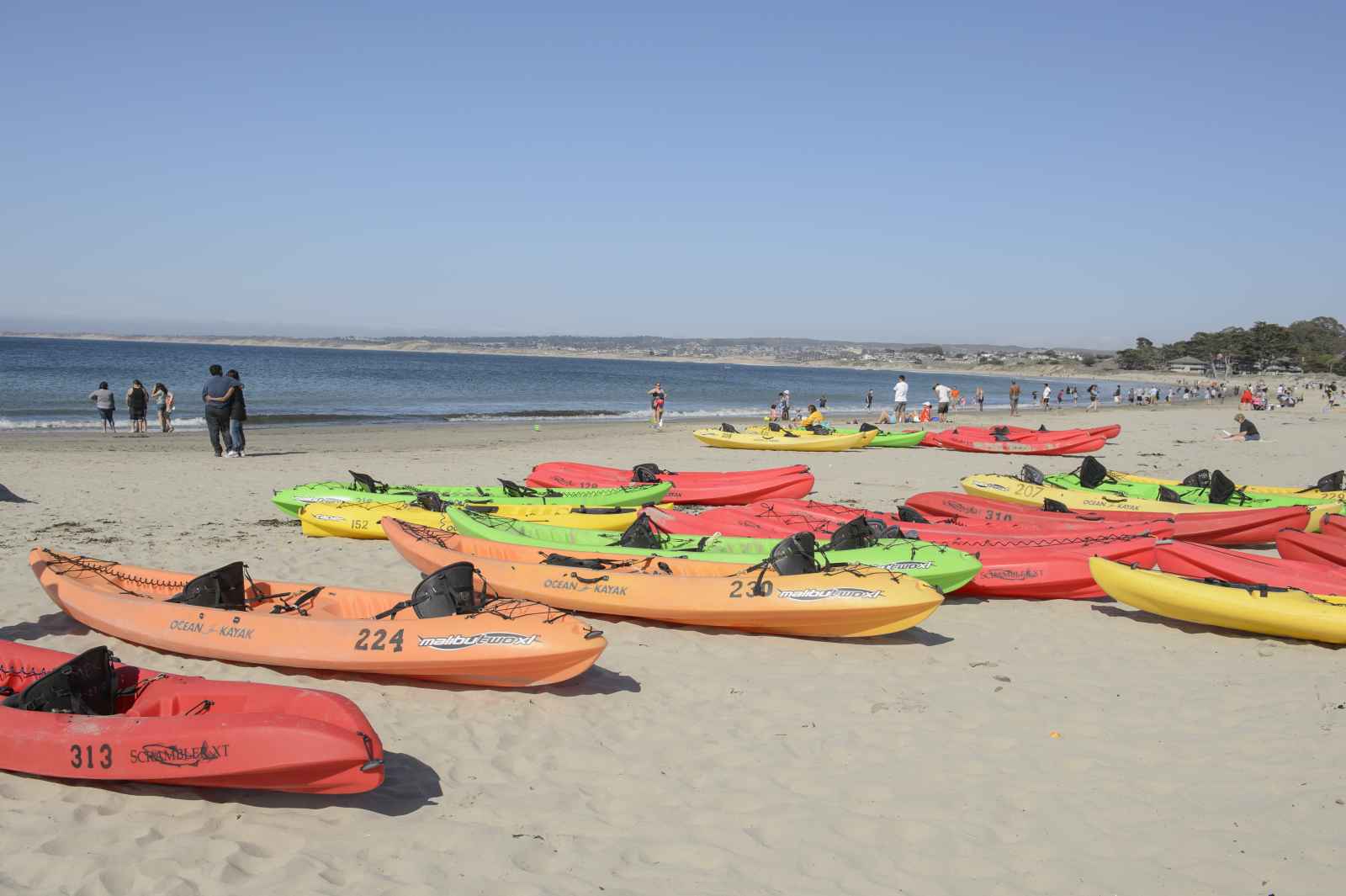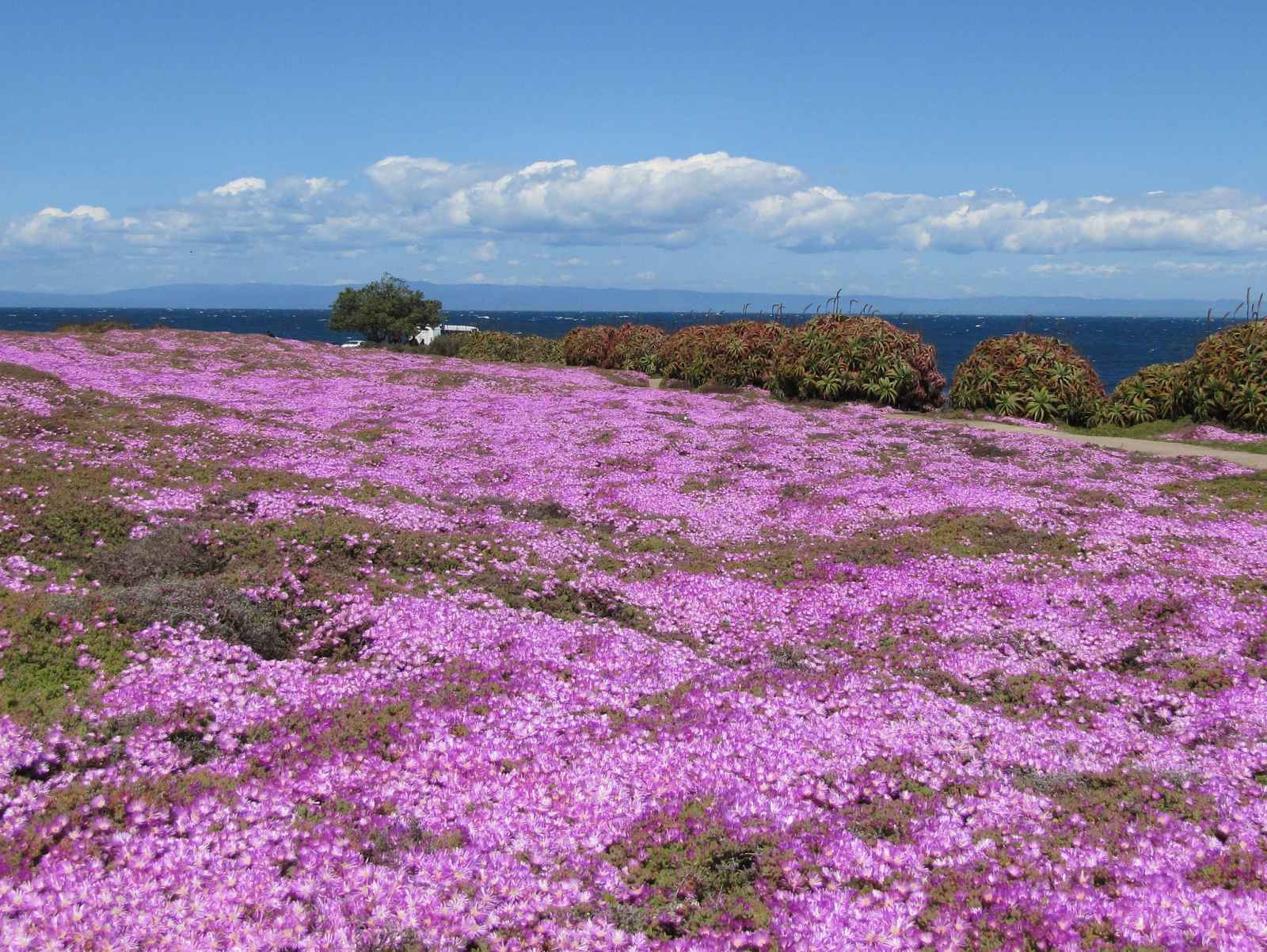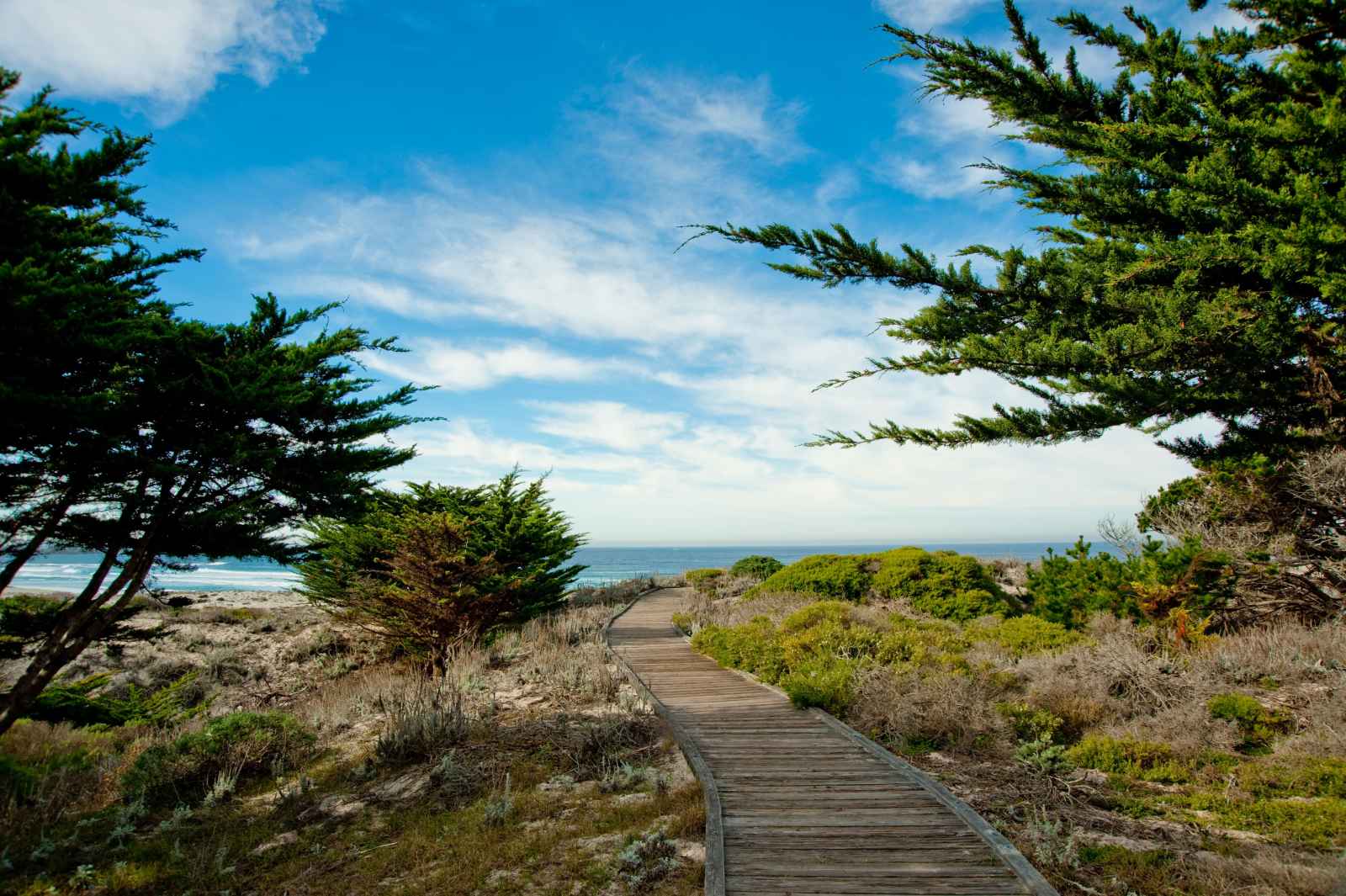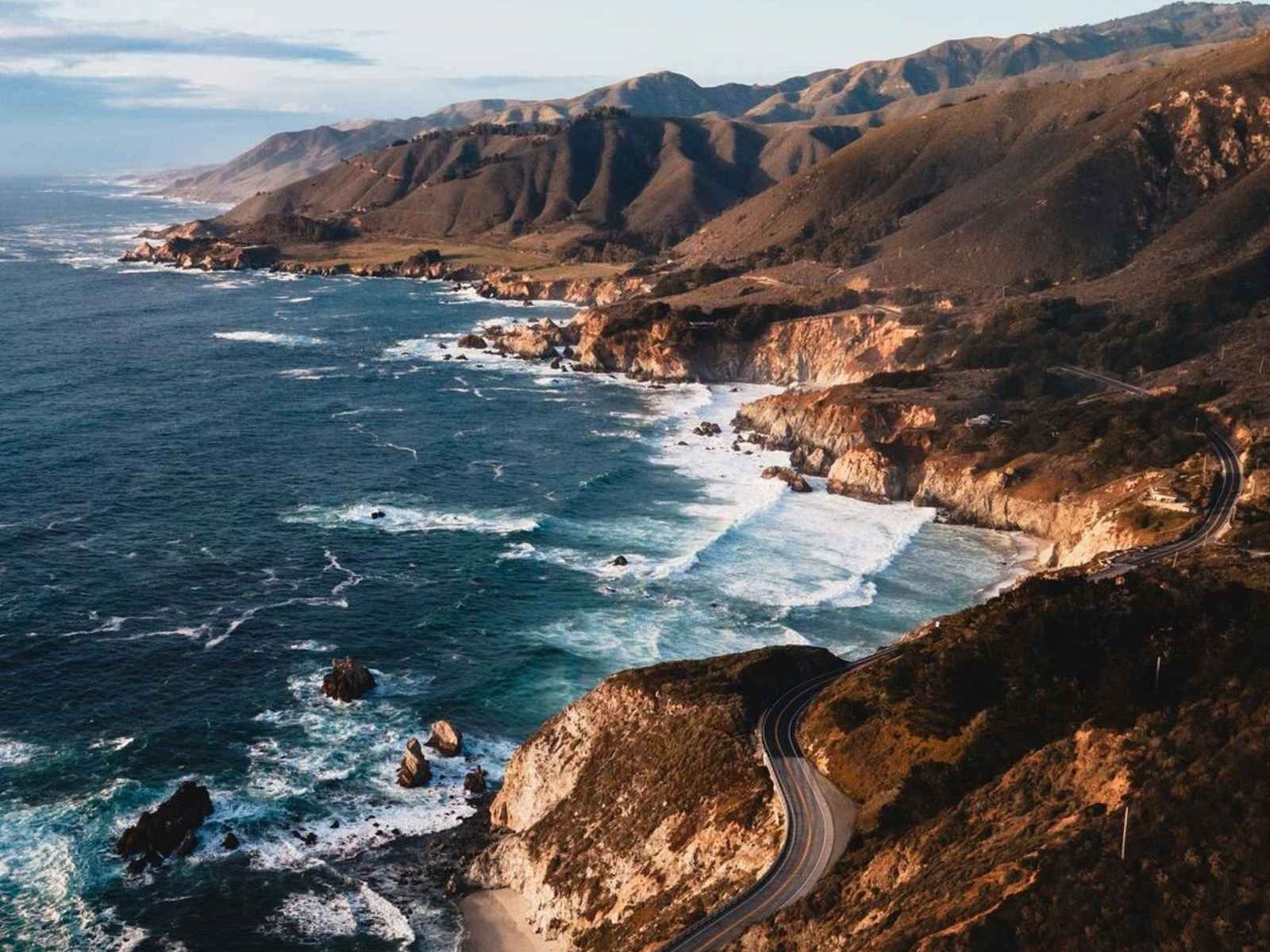Monterey County is dedicated to sustainable practices, offering a wide variety of responsible lodging, dining, outdoor adventures and edu-tourism opportunities. As you embark on your journey to explore our destination, join us by taking the right path to preserve Monterey County. By making sustainable choices and acting as stewards of our lands and wildlife, you help protect what travelers and residents love most about our destination. When you support local businesses and show respect for our heritage and people, your trip will be more rewarding and help ensure the vitality of Monterey County for generations to come. Here are a few eco-friendly ways to experience our destination responsibly.
Places to Stay
Portola Hotel & Spa, located in the heart of Monterey, has implemented several green initiatives throughout the hotel including LED lighting, Energy Star® appliances, low-flow faucets and showerheads, biodegradable amenity products, green cleaning supplies and more. The hotel is LEED® Certified by the U.S. Green Council and the winner of a variety of eco/green awards, including the 2021 California Hotels & Lodging Association's Good Earthkeeping Award, which recognizes lodging properties that have integrated environmental management practices into their everyday operations while still maintaining quality service.

Pebble Beach Resorts is recognized as an environmental leader, with several programs dedicated to preserving its 5,300 acres of accommodations, restaurants, golf courses, and open coastline. For example, the Energy Efficiency Program was established in 2008 and has resulted in a reduction of more than 1.9 million pounds of carbon emissions annually, while the Materials Program has diverted 6.5 million pounds of plastic, glass, metal and dozens of other materials from landfills annually. Other green programs include water conservation, golf ball recovery and a full-time staff dedicated to ecology and forestry.
One of the leading eco-conscious resorts in Monterey County is Post Ranch Inn. Located along Big Sur’s rugged coastline, Post Ranch Inn’s innovative environmental design was built using all-natural materials and living sod roofs to reduce heat loss. Efforts were also taken to ensure no tree was removed during the property’s development. The hotel has installed a 945-panel solar array that produces 350,000 kWh of pollution-free electricity per year and the first commercial greywater system approved in Monterey County, among countless other indoor and outdoor green initiatives.
Sanctuary Beach Resort is nestled within the rolling sand dunes of Marina. With the ocean at its doors, the resort offers nature-inspired programming to educate guests and protect the area’s fragile habitat. Guided experiences include nature walks to see migrating birds and learn about the endangered Smith’s Blue Butterfly, as well as marine biologist-led tours for sightings of whales, dolphins and seabirds. The resort also participates in landscape restoration, oyster reef restoration, and collaborates with sustainable fisheries, farms and environmental programs.
Where to Eat & Drink
The Monterey Bay Aquarium's Seafood Watch Program has been working to transform the seafood industry for over 20 years and has grown into a global leader in the sustainable seafood movement. Nearly 90% of fish populations are fished at, or above, their sustainable limit. The Seafood Watch Program is on a mission to educate and empower consumers, restaurants, retailers, seafood suppliers and government officials to make sustainable decisions in food selection. Several of Monterey County’s top restaurants offer in-season seafood sourced directly from Monterey Bay and California’s central coast fishermen, including the Monterey Bay Aquarium’s Café, Sea Harvest, and Wild Fish. Visitors can use the recommendation tool to find sustainable seafood and safe alternatives.
Monterey County is known for its wide variety of farmers markets, happening almost every day of the week. Visitors can help support local growers, chefs and business owners by attending the markets. With Monterey County’s Salinas Valley being nicknamed the “Salad Bowl of the World,” it’s no surprise these markets are a thriving hub for organic produce. Julia’s Vegetarian Restaurant in Pacific Grove is one example of a can’t-miss, all-vegan restaurant that regularly travels to markets to source fresh locally-grown ingredients. The eatery was named the best vegetarian restaurant on the Monterey Peninsula.
Monterey County is home to numerous wineries and vineyards dedicated to sustainable winemaking practices. Holman Ranch in Carmel Valley takes pride in its sustainable practices. The ranch does not use any machinery for picking or pesticides for growing, everything is hand-picked and processed naturally. Their holistic approach to agriculture also allows for distinct wines year after year, based on the climate and soils. Scheid Vineyards, which has been in Salinas Valley for more than 50 years, has received the California Green Medal Environment Award, as well as Global G.A.P., S.I.P. and C.C.S.W certifications. The vineyard’s winery and bottling operation is 100 percent powered by a wind turbine that also produces power for 125 nearby homes with renewable energy.
Where to Explore
Monterey County’s parks are dedicated to protecting endangered species and their habitats. For example, Pinnacles National Park joined the California Condor Recovery Program as a release and management site in 2003, becoming one of only three sites in the U.S. The national park is also home to 500 different bee species, which is the most bee diversity of anywhere in the world, as well as 14 of California’s 23 bat species. Despite its dry climate, the park is also known for its diverse array of rare plants and wildflowers, with 80% of the park’s plants in bloom from March through May. As always, visitors are encouraged to camp, hike, rock climb and view wildlife responsibly. The best time to visit the park is mid-week and near sunset for a more intimate experience.
Recognized as one of the nation’s largest federally protected marine sanctuaries – spanning 276 miles of shoreline, extending an average of 30 miles off the coast and reaching more than two miles below the ocean’s surface – the Monterey Bay National Marine Sanctuary is larger than Yellowstone National Park and deeper than the Grand Canyon. Plus, with 36 species of marine mammals and at least 525 species of fish, the sanctuary is a remarkable location for wildlife viewing. Visitors can safely explore the sanctuary in a variety of ways, including kayaking, boating, fishing, tide pooling, diving, whale watching, and more.
Located approximately 20 miles north of Monterey is the Elkhorn Slough Reserve, a protected wildlife area spanning 17,000 acres of rich woodlands, waterways and salt marshes. This biologically diverse ecosystem provides a habitat for resident and migratory birds, plants, marine mammals and fish. The reserve is home to about 340 species of birds and has been identified as a Globally Important Bird Area by the American Birding Conservancy, as well as the highest concentration of southern sea otters on the California coast. Visitors can explore scenic hiking trails, birding lookouts and kayaking channels in a safe and sustainable environment. For a guided experience, Monterey Bay Eco Tours offers a one-of-a-kind, electric-powered catamaran ride for a wildlife tour. The catamaran was custom-built by owner Wendy Kitchell and her brother for a sustainable experience in the Slough. The reserve’s dedication to ongoing research, biological monitoring and conservation efforts ensures the habitats and animals remain healthy and active.
Education Opportunities
The Monterey Bay Aquarium has been educating visitors about marine life and conservation for over 40 years. With over 200 world-class exhibits and 80,000 plants and animals – including the first-of-its-kind Into the Deep exhibit that explores the mysterious deep sea – guests receive a first-hand look at the ocean’s ecosystems and the importance of preserving them. Behind the scenes, the aquarium’s scientists, engineers, ecologists and researchers are leading the way in sea exploration and conservation by addressing the biggest threats facing the ocean today, like rebuilding sea otter populations, tackling plastic pollution, diving into the science of climate change and improving aquaculture around the globe.
Monterey County is one of the nation’s leading suppliers of produce each year, providing 61% of leaf lettuce and 57% of celery distributed across the U.S. Visitors can support and learn more about this influential industry by visiting the Earthbound Farm Stand in Carmel Valley. Founded in 1984 in a local family’s backyard, Earthbound Farm has grown to 53,000 acres of organic crop and is recognized as one of the first brands to catalyze the accessibility of fresh, organic food. Today, the farm is 100% USDA Organic Certified and Non-GMO Verified. Visitors can enjoy a delicious meal at the organic café, tour the farm grounds, participate in seasonal events, or pick their own fresh herbs and berries at the family-friendly stand.
To learn more about Monterey County’s responsible travel options and community programs, visit The Right Path.

